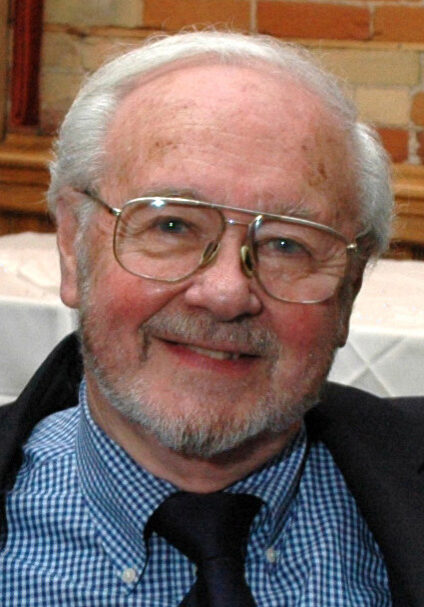In 701 B.C. the Assyrian empire was in its ascendancy. It had already vanquished the kingdom of Israel to the north including the capital at Samaria. It then prepared an assault on Judah and its capital at Jerusalem.
But in one of those significant events that changes the course of world history, Assyria was repelled. Jerusalem was saved until 586 B.C. when the Babylonians sacked the city, forcing its leadership class into exile.
Henry Aubin, in a major feat of scholarship, determines that Jerusalem was aided by a Kushite army from Africa which had marched northeast from the Nile valley. While the Bible attributes the Assyrian retreat to an angel and secular commentators cite pestilence, Aubin, in a meticulously documented work, demonstrates that an alliance with the African nation of Kush bolstered Jerusalem’s defences.
Kush, also known as Nubia, was located in what is now southern Egypt and northern Sudan. A monarchy that existed for more than 1000 years, from 900 B.C. to A.D. 350, Kushites held sway over Egypt from 712 B.C. to about 660 B.C. Of Egypt’s 31 dynasties, this, the 25th Dynasty, is the only one that all scholars agree, was black.
The commander of the Kushite expeditionary force was Taharqa (or as the Bible calls him Tirhakah). This Kushite prince, who had his own interests in halting Assyrian expansion, likely caught the aggressors by surprise as they prepared their siege of Jerusalem.
Aubin offers a thrilling military history and a stirring political analysis of the ancient world. He also sees the event as influential over the centuries.
The Kushite rescue of the Hebrew kingdom of Judah enabled the fragile, war-ravaged state to endure, to nurse itself back to economic and demographic health, and allowed the Hebrew religion, Yahwism, to evolve within the next several centuries into Judaism. Thus emerged the monotheistic trunk supporting Christianity and Islam.

Praise for Morley Torgov’s Hermann Preiss series:
“Torgov has just the right feel for this kind of writing, never coy, solid with his history but not allowing the facts to get in the way of a good joke.â€
Toronto Star
“You don’t have to be a classical music lover to enjoy this one.â€
Publisher’s Weekly
“Worthy of Hitchcock.â€
The Whole Note
“This is a story well told: Setting, character, plot, enriched by the lifestyles and colours of the time. Murder is investigated, clues unearthed, expanded and timed to keep the reader turning the pages. Music and mystery make captivating partners.â€
Hamilton Spectator
Manuscript Available
Key Witness
The cast of Morley Torgov’s new mystery is dazzling. There is Franz Liszt, a virtuoso of the piano, and heartthrob of 19th C Europe. There is PT Barnum, the flamboyant American showman. And there is a young Mark Twain, soon to be a celebrated author and humorist. To assuage Liszt’s concerns about security, Barnum engages Dusseldorf detective Hermann Preiss who captivated readers in Torgov’s two previous mysteries set in the world of classical music.
To the main characters, add Liszt’s egomaniacal American rival, a couple of avaricious manufacturers of grand pianos who are fighting to have the Maestro endorse their instruments, and two or three beauties on the prowl for opportunities. With riches, fame, and recognition on the line, corruption is inevitable and so is murder.
Morley Torgov is the author of nine novels, including two previous Hermann Preiss mysteries. Murder in A-Major featuring Robert Schuman and The Mastersinger from Minsk featuring Wagner have been translated into French, Greek, and Korean with others pending.
Two of Torgov’s books—The Outside Chance of Maximilian Glick and A Good Place to Come From—have been adapted for stage, film, and a TV series. His literary prizes include the Leacock Medal for Humour. Although his mysteries are deadly serious, his irrepressible wit is evident.